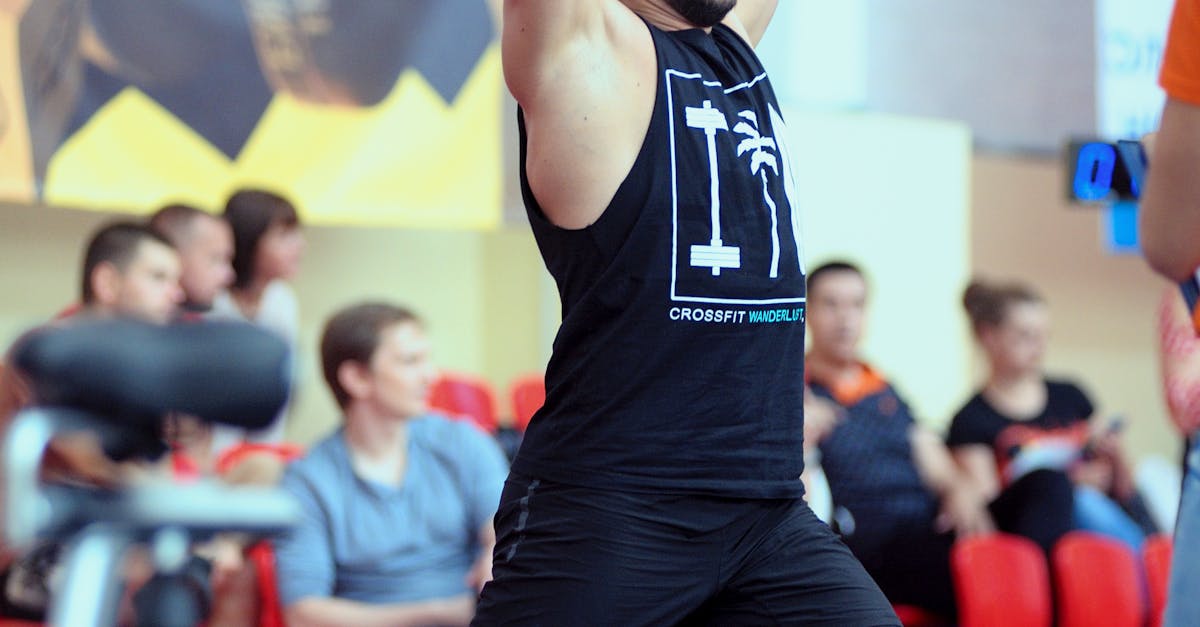21Views

Maximize Muscle Gains with Progressive Overload
Progressive Overload for Building Muscle
Progressive Overload Fundamentals
1. Understanding the Principle
Progressive Overload is the concept of gradually increasing the intensity, duration, or frequency of your workouts to continually challenge your muscles. By progressively pushing your limits, you force your muscles to adapt and grow stronger.
Benefits:
- Stimulates muscle growth
- Prevents plateaus in progress
- Enhances overall strength and endurance
2. Setting Realistic Goals
When implementing Progressive Overload, it’s essential to set realistic, achievable goals. Whether it’s increasing the weight lifted, the number of repetitions, or reducing rest periods, having specific targets will guide your progress.
Benefits:
- Provides a sense of accomplishment
- Helps track and monitor progress effectively
- Motivates consistent performance improvement
Progressive Overload Strategies
1. Gradual Weight Progression
One of the most common methods of Progressive Overload is incrementally increasing the weight lifted during resistance training. This gradual increase challenges the muscles and stimulates growth.
Benefits:
- Builds muscle mass and strength
- Improves muscle endurance
- Enhances muscle definition
2. Manipulating Repetitions and Sets
Adjusting the number of repetitions and sets in your workout routine is another effective way to apply Progressive Overload. Increasing these variables challenges the muscles in different ways, promoting growth and progress.
FAQ
Q: How often should I increase the weight in my workouts?
A: It is recommended to increase the weight gradually as you feel comfortable with the current workload, typically every 1-2 weeks.
Q: Can Progressive Overload be applied to cardio workouts?
A: While Progressive Overload is commonly associated with resistance training, it can also be applied to cardio workouts by increasing intensity or duration over time.
Q: What should I do if I hit a plateau in my progress?
A: If you experience a plateau, consider changing up your workout routine, increasing intensity, or seeking guidance from a fitness professional to overcome the stagnation.

